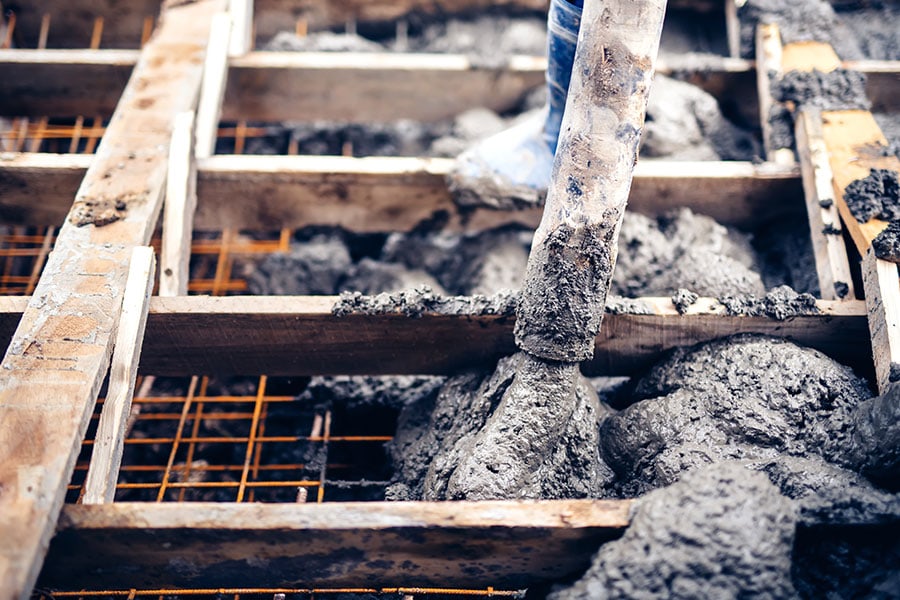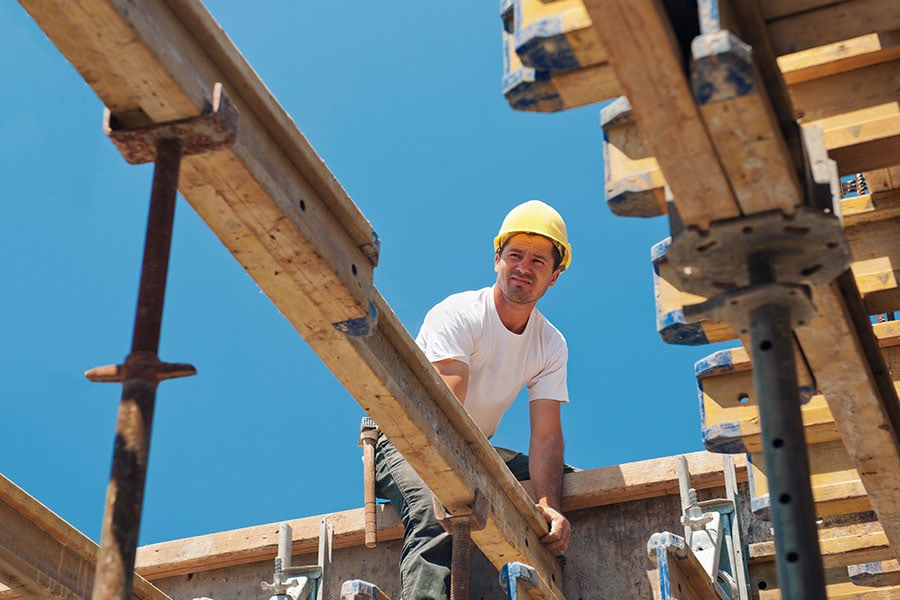Building in Los Angeles can be a daunting task, due to the process you have to go through to get permits. You may also find it especially challenging to understand the requirements around getting building codes. It is interesting that even those who have years of experience, including the local contractors, still face some difficulties with the regulations.
The L.A county area also experiences specific environmental issues that could impact on whether or not you get an L.A construction permit. Such include soil conditions, flood hazards, among others. You will also have to factor this in when you are coming up with the architectural plans.
We will take a look at some of the most important considerations you need to have if you are thinking of putting up a structure in Los Angeles.
1. The Department Of Safety Gets the First Say
Any Los Angeles construction has to get the green light from the Department of Building and Safety. You will need to submit all your building plans to the department. If you are lucky, they will approve your plans after reviewing it. In other cases, you may need to come in and answer some questions before you get the green light.
If luck is not on your side, they will reject the plan; either a part of it or in totality. You may face some delays, so when you submit your plans, be patient. The delay may arise from the conflict in zoning designations, and any edits to the planning ordinances. If there are any hearings going on in the ZAA, the department will wait for the outcome, before approving your plan.
Decisions in overlay zoning can also make you wait a little bit longer.
2. You Need To Be Clear About the Type of Permit You Need
If you are putting up new construction, remodeling, or repairing a building, you will need specific permits. The Los Angeles Department of Building And Safety will issue the permits to you. For a typical construction, you will need the following licenses. Be clear about the permit requirement as our list may not be exhaustive:-
- Plan approvals
- Work permits for the contractors
- Construction equipment permits
- Environmental permits
- Photovoltaic or solar permits
- Disabled access
- Green building
- Grading
- Fire sprinkler
- Electrical vehicle charger permits
- Electrical, plumbing, fencing, grading, trenching, fire suppression, among others.
L.A contractors must have workers compensation insurance when they apply for a permit. You can use the Counter Plan Check, which will allow you to get a review and obtain a license without making an appointment. The size of the project has to be small or medium. These permits usually focus on development to existing buildings.
The permit will expire, or become void due to specific reasons. If you get an approval, you need to start the construction process within 180 days of the date of issuance. The contractor may also suspend working on the project but should ensure that he does not exceed 180 days.
You will need to renew your permit if you exceed the three-month leeway. You will pay 50% of the original fee if you do not exceed one year of abandonment. After one year, you will have to start the application process all over again and pay the required fees.
3. The Impact of Environmental Issues
You will need to submit the architectural plans to the Public Works Department for a review. Any homeowner within L.A. County will tell you that the area experiences unique weather patterns. One of the most prevalent is flooding; you may therefore not get an approval if you want to build in an especially flood-prone area. You may get some leeway by making certain modifications to your plan to ensure that the building can withstand the vagaries of the weather.
The department is also quite strict on the soil conditions; the watchdog in this particular case is the Geotechnical and Materials Engineering Division. If there is any possibility of your building affecting the soil, you will not get approval. So, if the department calls you in for questioning, ensure you have a proper understanding of the building regulations. You should also prove that you can deal with any issues that may arise.
4. The Fire and Water Departments Have a Role to Play
Talk to any building owners, and they will tell you that the process of construction is a massive investment[PcdO1] ; both financially and time-wise. You will, therefore, want to do everything you can within your power to protect your building. Luckily those in charge of the construction process understand this well. That is why you have to talk to those in charge of the fire and water department.
The fire department must be satisfied that they can get sufficient water in case your building starts to burn. The Water Purveyor will determine whether there is adequate water within your construction site. If not, you will need to book an appointment with the plan Check unit for some help. The fire department also has a say on whether you can put up a construction in the fire zone 4, areas with a high hazard severity rating, and in the buffer fire zones.
5. The Location of Your Construction Really Matters
Getting approval to do construction in specific locations can take a very long time. There are different zonings, and these include:-
- Historical preservation sites
- Coastal zones
- General specific plan areas
- Enterprise zones
- Qconditions specific plan areas
- Hilly areas
- Unincorporated areas
You may have to deal with quite several departments depending on the location of the land. These include:
- The Regional Planning Department for any building in an unincorporated area
- California Coastal Commission for any construction within the coastal zones
- Local Building And Safety Office for clarification on exactly where your land falls
You may want to get the services of a property surveyor, to show you where your property lies, before you start the process of looking for a permit. The Building and Safety Department does not have this information, but there are several surveyors you can work with.
The California Board for Professional Engineers and Land Surveyors has a website with a list of certified surveyors.
Final Thoughts
Getting permits within southern California (SoCal) can be quite tricky. You will find that you need to get approval from several parties. The location of your property will also determine whether you get an approval to your plans or not. It pays to have the right information so that it can become easier to start the process of getting a permit for your construction.


